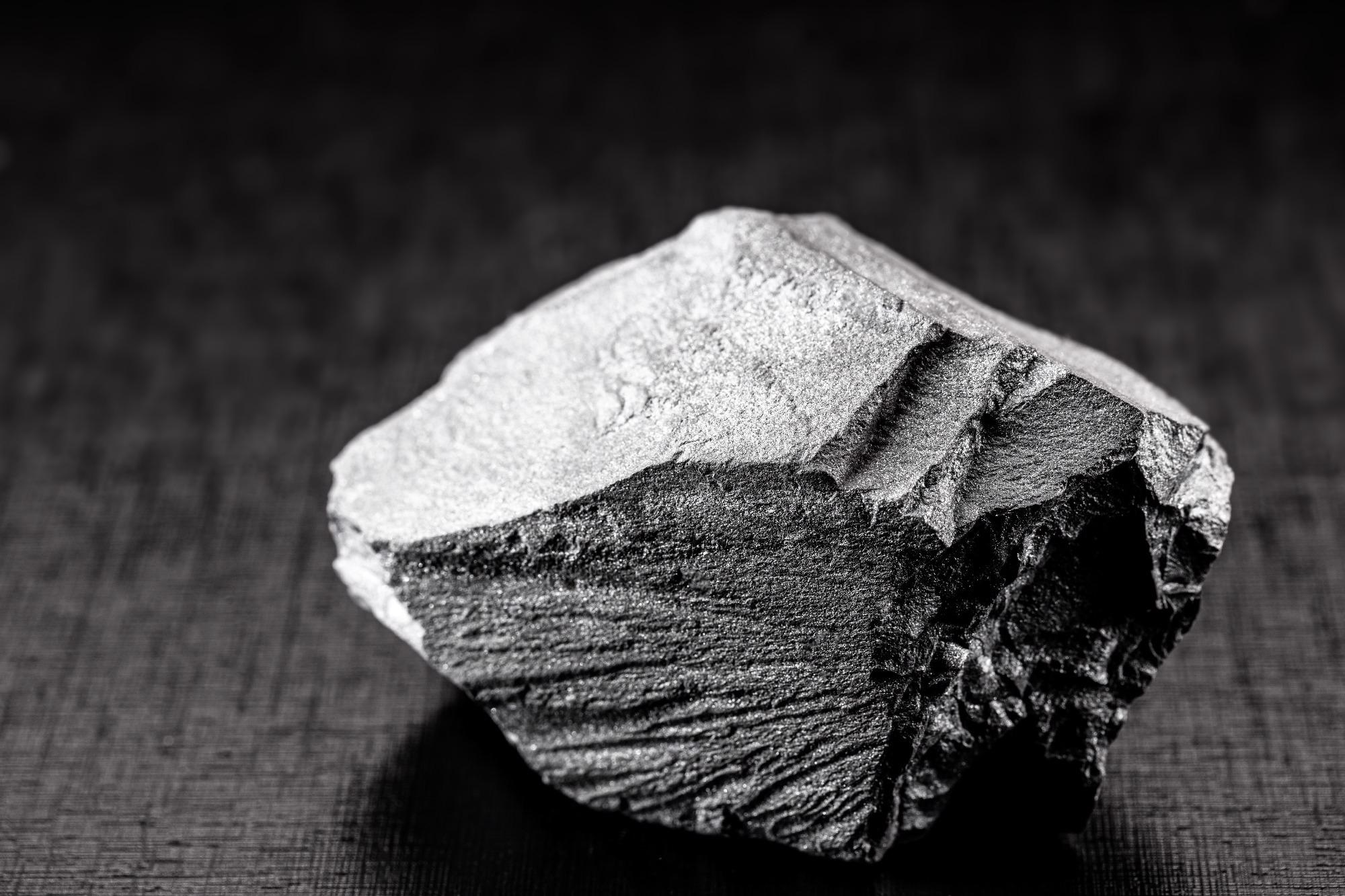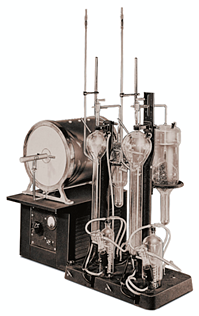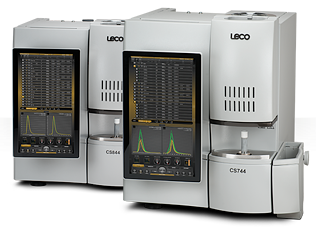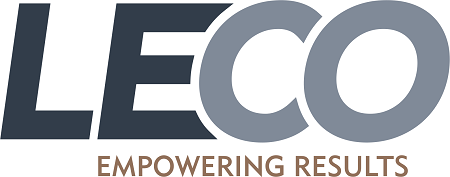Recently, Elements Newsletter published an infographic of all metals mined from the earth in 2019, and the numbers were astonishing. Of the 3,248,814,334 tons of metal mined, 3,040,000,000 tons were iron ore.

Image Credit: Shutterstock / RHJPhtotos
Thus, close to 94% of the total metal mined in 2019 was iron, almost all of which has been, in one way or another, touched by LECO.
Founded in 1936, LECO started with the manufacture of a rapid carbon determinator for the American steel industry. Before releasing this instrument, a “wet” chemistry analysis was employed to determine the carbon levels in the steel produced in steel foundries: excessive amounts of carbon would make the steel brittle, while not enough would make it weak.
It is, therefore, absolutely vital that all carbon levels are monitored accurately to preserve the quality of steel products. However, this “wet” method was time-consuming - sometimes taking more than 20 minutes for each test.

Image Credit: LECO Corporation
LECO’s first carbon determinator reduced that time by half, doubling laboratory throughput almost immediately.
Soon enough, LECO’s carbon determinators were installed in steel mills across the country and eventually spread across the global industry. Today, the majority of steel laboratories employ LECO instruments to establish the quality of the materials under analysis.
Click here to read 'Analyzing Iron - LECO’s Expertise'
LECO’s strengths in elemental analysis remain intact after all these years. Its newest generation of carbon determinators, such as the CS744 and CS844, are industry-leading workhorses that reduce analysis time and boost throughput with advanced Cornerstone brand software and sophisticated automation.

Image Credit: LECO Corporation
Glow discharge spectrometers, including the GDS900, have the ability to analyze carbon in qualitative depth profiles. LECO’s complete metallography solutions are ideal when it comes to microscopic analysis and hardness testing of metals.
Three billion tons of iron is an astonishing number, but LECO is up to the task.
For an in-depth look at how LECO instruments work with iron and steel, dive into LECO’s application notes and its Knowledge Library, including the papers Bulk Analysis of Stainless Steels (Corrosion and Heat-Resistant Steels), Carbon and Sulfur Determination in Low Carbon Ferroalloys, and Decarburization Depth Analysis Using Microindentation Hardness Testing.

This information has been sourced, reviewed and adapted from materials provided by LECO Corporation.
For more information on this source, please visit LECO Corporation.